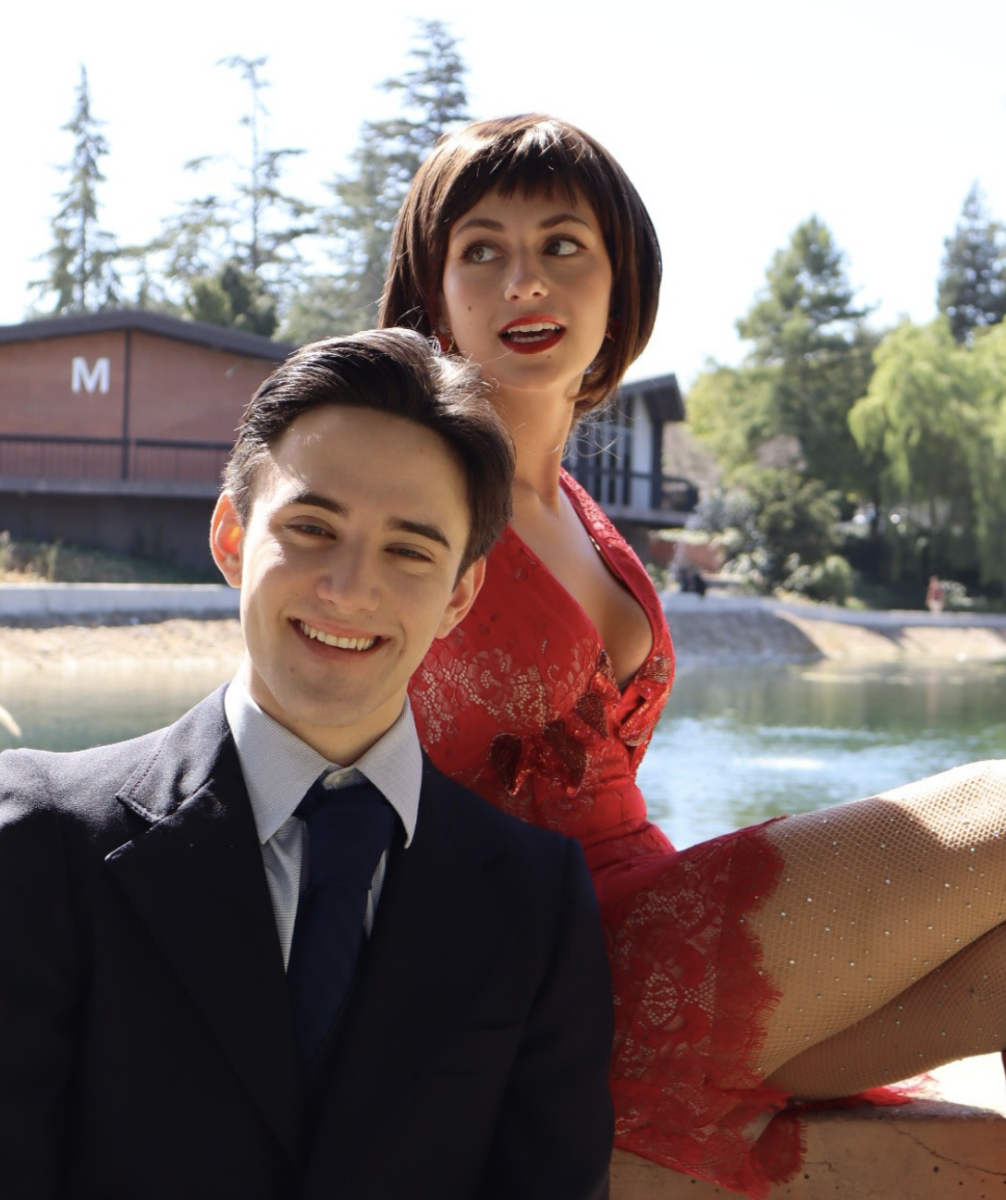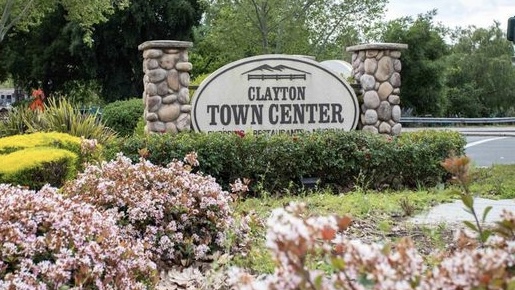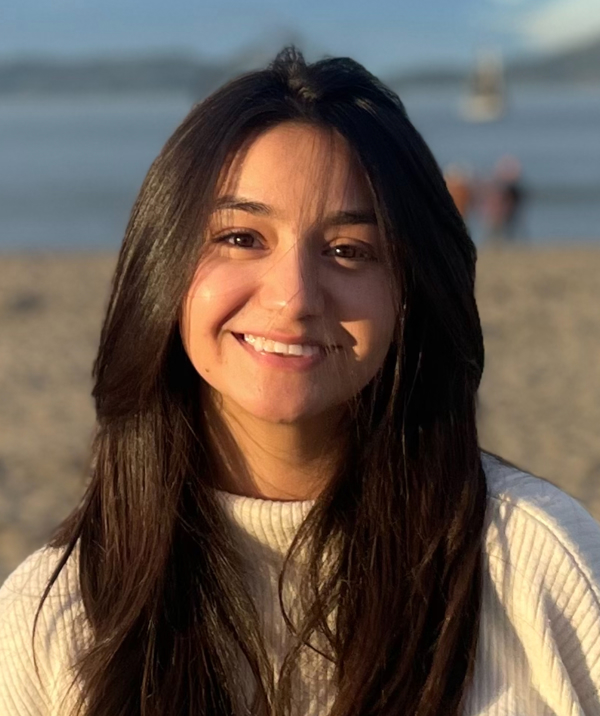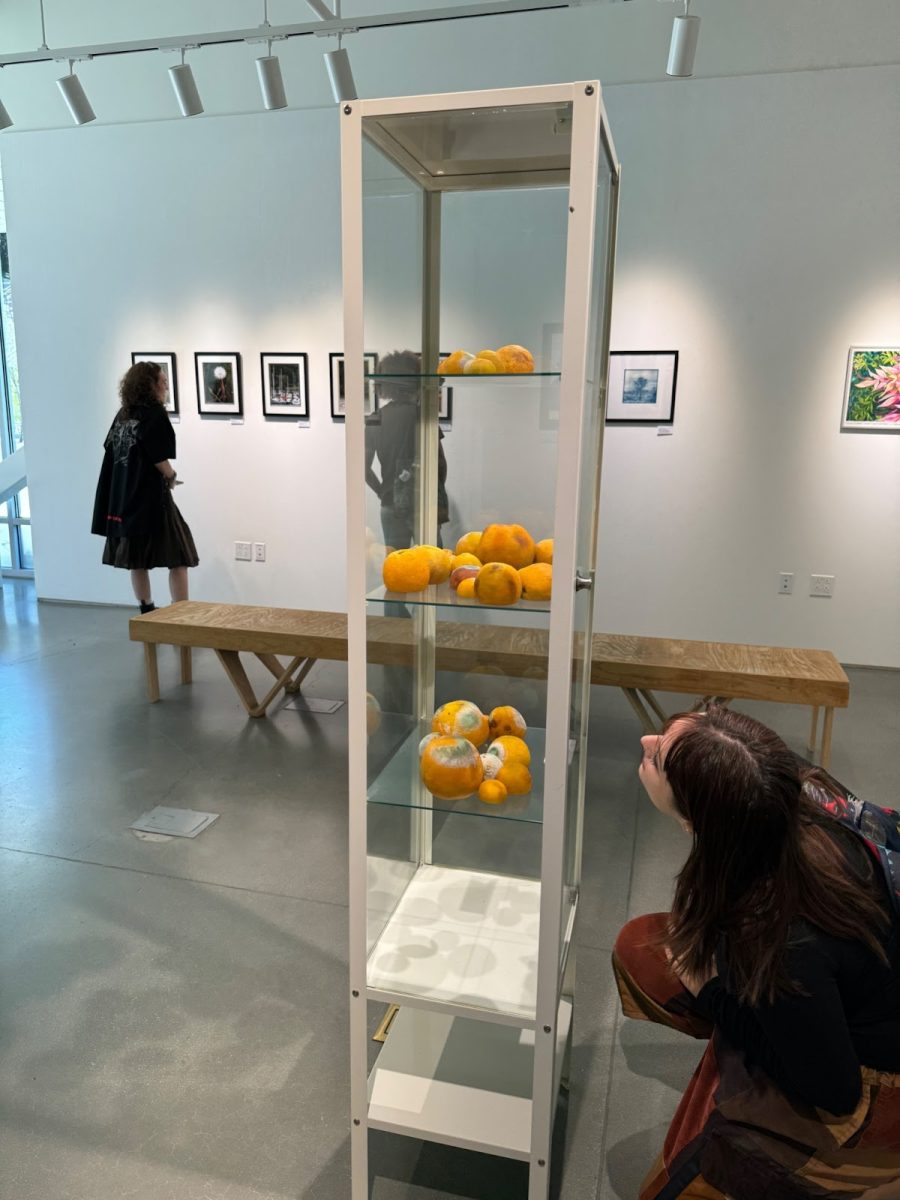Opinion: It’s Time We Called “Returning Students” By Another Name
What, or who exactly, do we mean when we call someone a “returning student?” And is it time we discard that expression for a fairer, more precise description of our fellow colleagues on campus?
For people unfamiliar with the term, a returning student is a catch-all phrase widely used in higher education to describe any student who has embarked on college via an indirect—often seen as a delayed—route from high school.
But this simplified label fails to encompass the wide range of life experiences that can shape an individual’s choice about when or why they began, restarted, began again, or decided altogether to “do over” their educational journey. And like so many labels, it’s one we can probably do without.
Is a previously incarcerated person, robbed of the opportunity to follow a direct educational path from high school to college, considered when we use this term? What about students who face illness, must work to support their families, or meet any number of life challenges that force them to postpone pursuit of an academic future?
More to the point, when we use the term “returning,” where exactly do we think our community members are returning from? Furthermore, why do we assume that students are in fact returning when, in many cases, they are beginning?
As many of us come to learn both in and outside of college, language can flatten the human experience, which is why we must work diligently to dissect our purpose when we talk about and describe any group of people. As a current student and employee at Diablo Valley College, I have found my footing in the world of academia at long last, which is why this issue is personal to me.
Back in 2019, I began my journey as a first-generation student at the age of 35. Prior to enrolling at DVC, I chose a different and vibrant path for my life that included children and multiple careers and many relocations—one of which brought me from Canada to the U.S. in 2009.
After the finalization of my divorce, I was looking for the next right thing as a single parent to three young children. I noticed throughout my years of work and life that real-world experience, ie. “the working life,” was never as highly regarded or, in some ways, respected as the academic route.
In the three years that I’ve been at this school, as a continuing student and staff member, I have heard many professors, harmlessly and somewhat proudly, say, “We appreciate our returning students,” because they come with so much experience, maturity, life skills and the rest.
When I heard this generalization tossed around, it made me cringe with a defensiveness that has taken me years to articulate.
Being reduced to a “returning student” is like hearing my vast experiences and choices thrown away; it places me, and so many others like me, in a box we don’t belong in. To call me a returning student assumes that I, at the age of 35, returned to academia because I had at some point started it, or failed it, or broke away from it. This is a privileged if not deeply problematic way to look at a person.
I am not returning. I didn’t start then stop; I didn’t fail and try again. In fact, I never began my college career in the first place, so to say I “came back” is to assume I actually started it before.
I acknowledge that my interpretation of the label “returning student” is by no means universal. Many students may feel seen by it, and may like the fact that “returning” indicates that they have overcome obstacles and now bring a variety of lived experience to their education.
But in my experiences of learning and growing with the DVC student body, I can say that I and many others are not returning: we are arriving, we are starting, we are exploring.
For some, DVC is a place of belonging, a place to grow in areas of interests where we might not be following a predetermined outcome. For some the goal is not a degree; but to be ignited by the joy of learning.
In my case, entering academia immediately out of high school was not an available option, nor was I ready for it. Instead, I did many other important things, following my curiosity and self-directed purpose to achieve things my way. I chose child-rearing and teaching in a non-academic setting. I created art and facilitated a life that continually enriches and reinvigorates me.
As we move forward with more thoughtful and sensitive terms to uplift our diverse student body, here are some ideas: instead of calling us returning students, what about using a term like engaging students; discovering students; exploring students; life-long students?
Now is the time to celebrate our students with expressive and more accurate language that recognizes the rich, myriad paths people took before they arrived on our beautiful campus.







































































Sonja Schell • Nov 14, 2022 at 12:53 pm
What about all” The ones that are committed to expanding their knowledge”.Sometimes returning back to school is just working on one’s own personal growth.
Bobby Rentfro • Nov 11, 2022 at 7:44 pm
This is very well said. I’m always interested in understanding the motivations of any kind of student who decides to go to college.